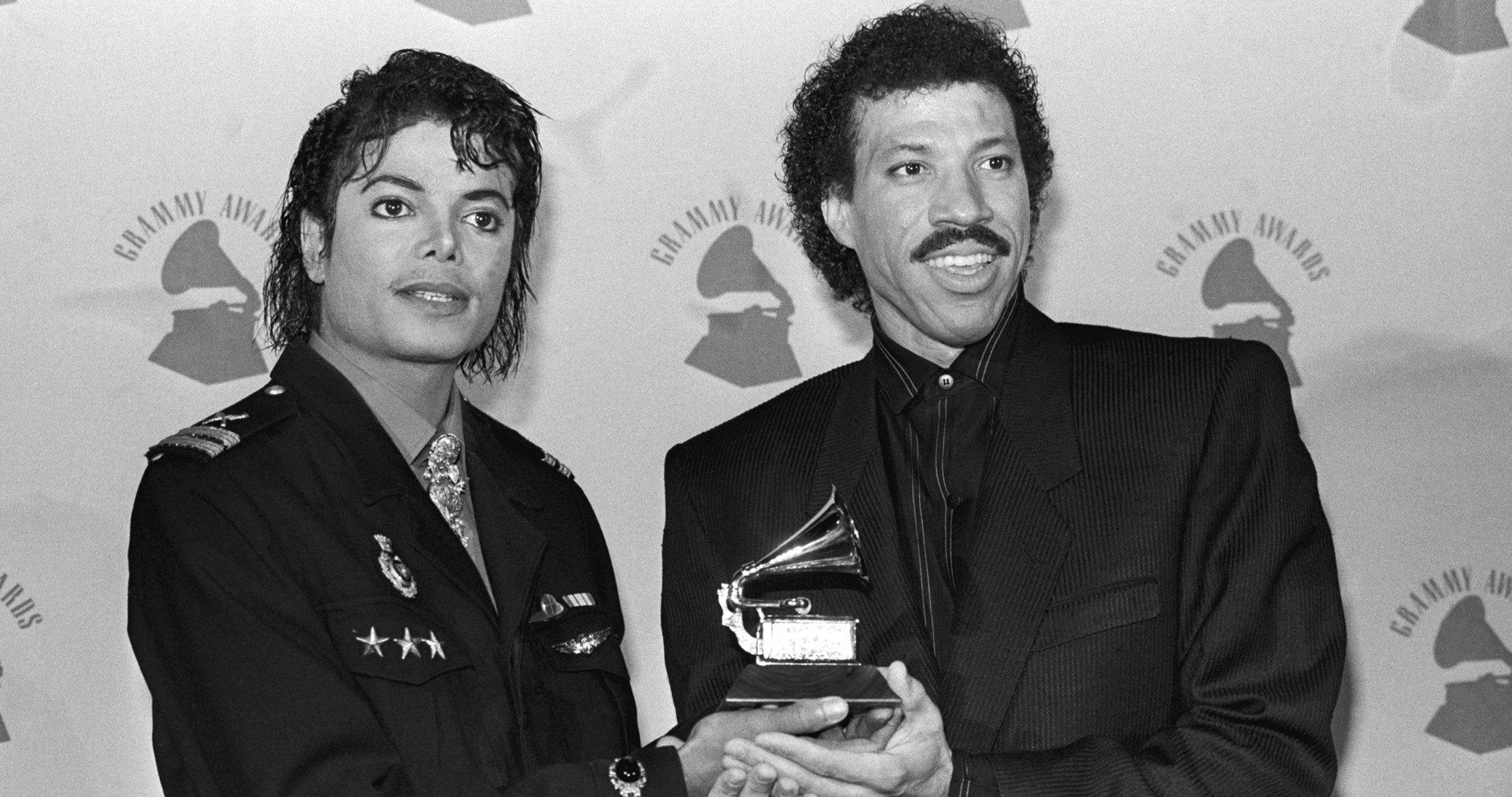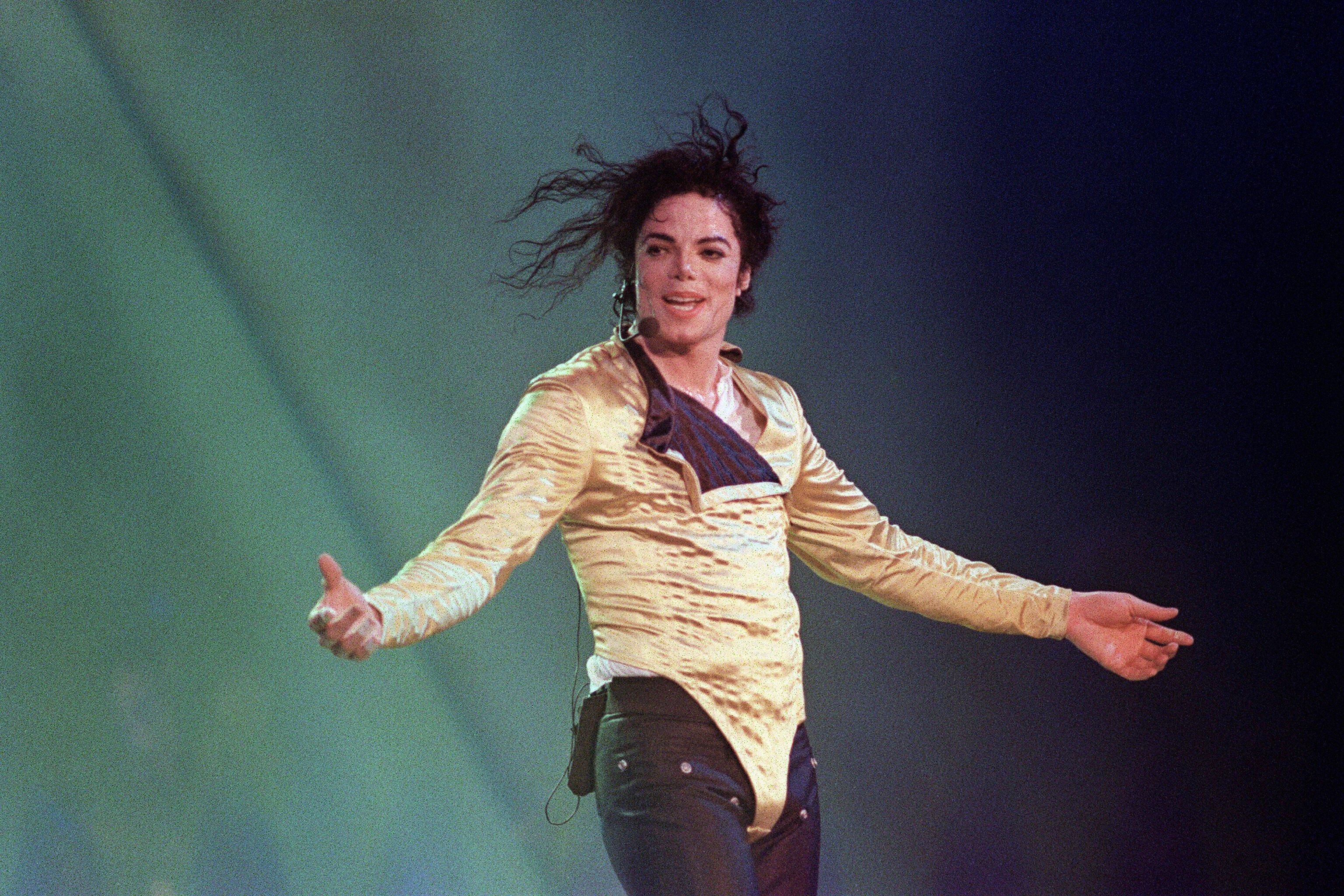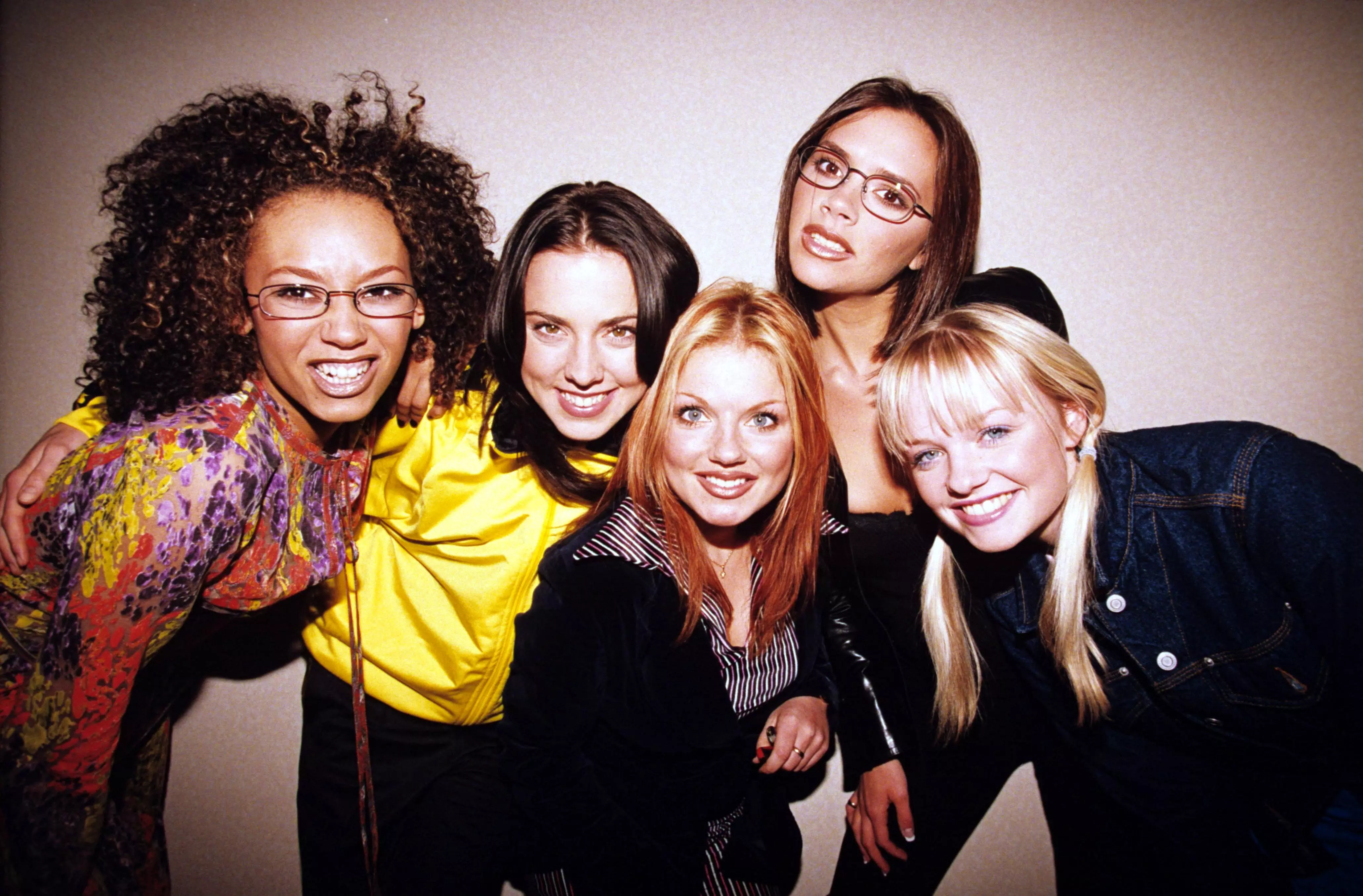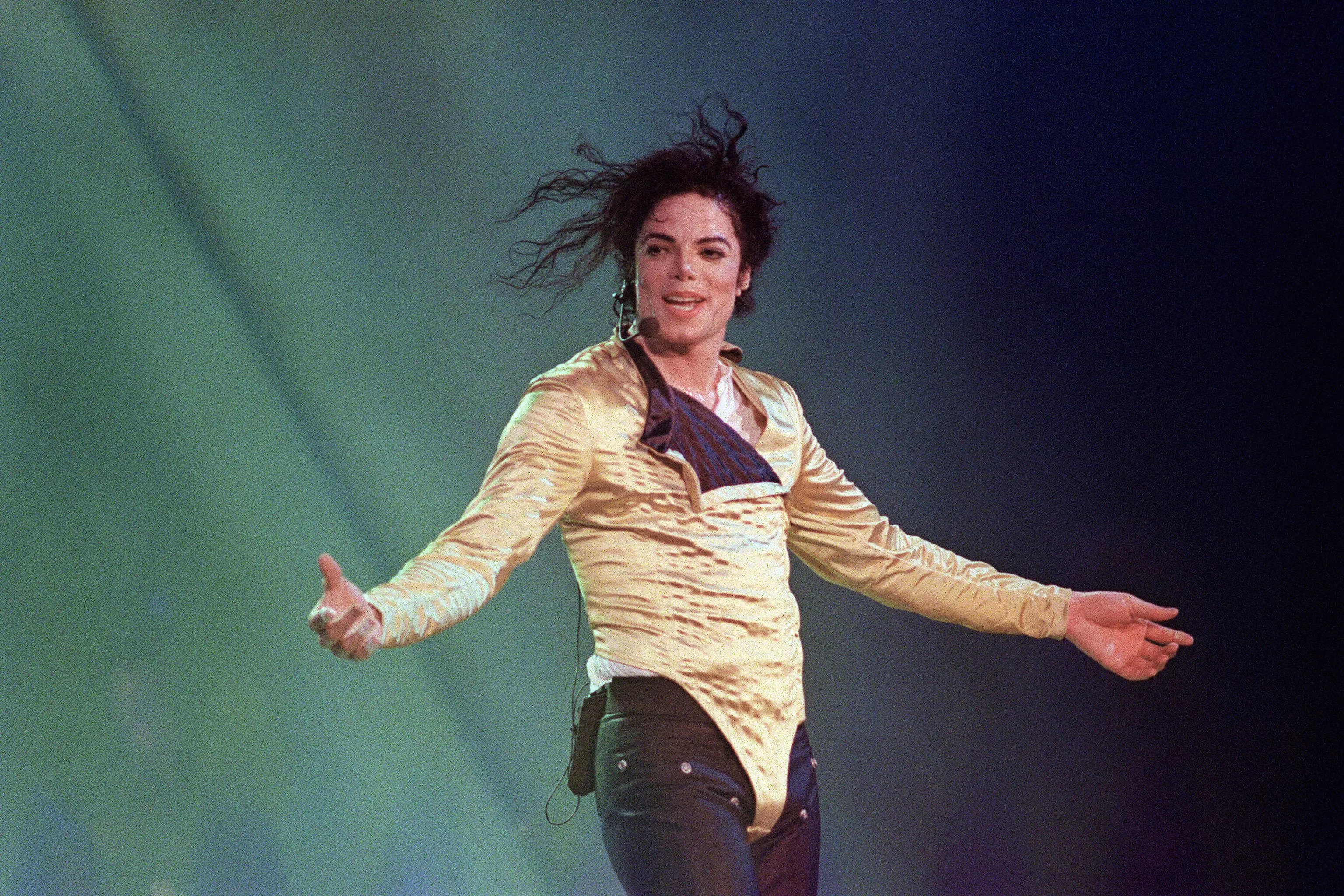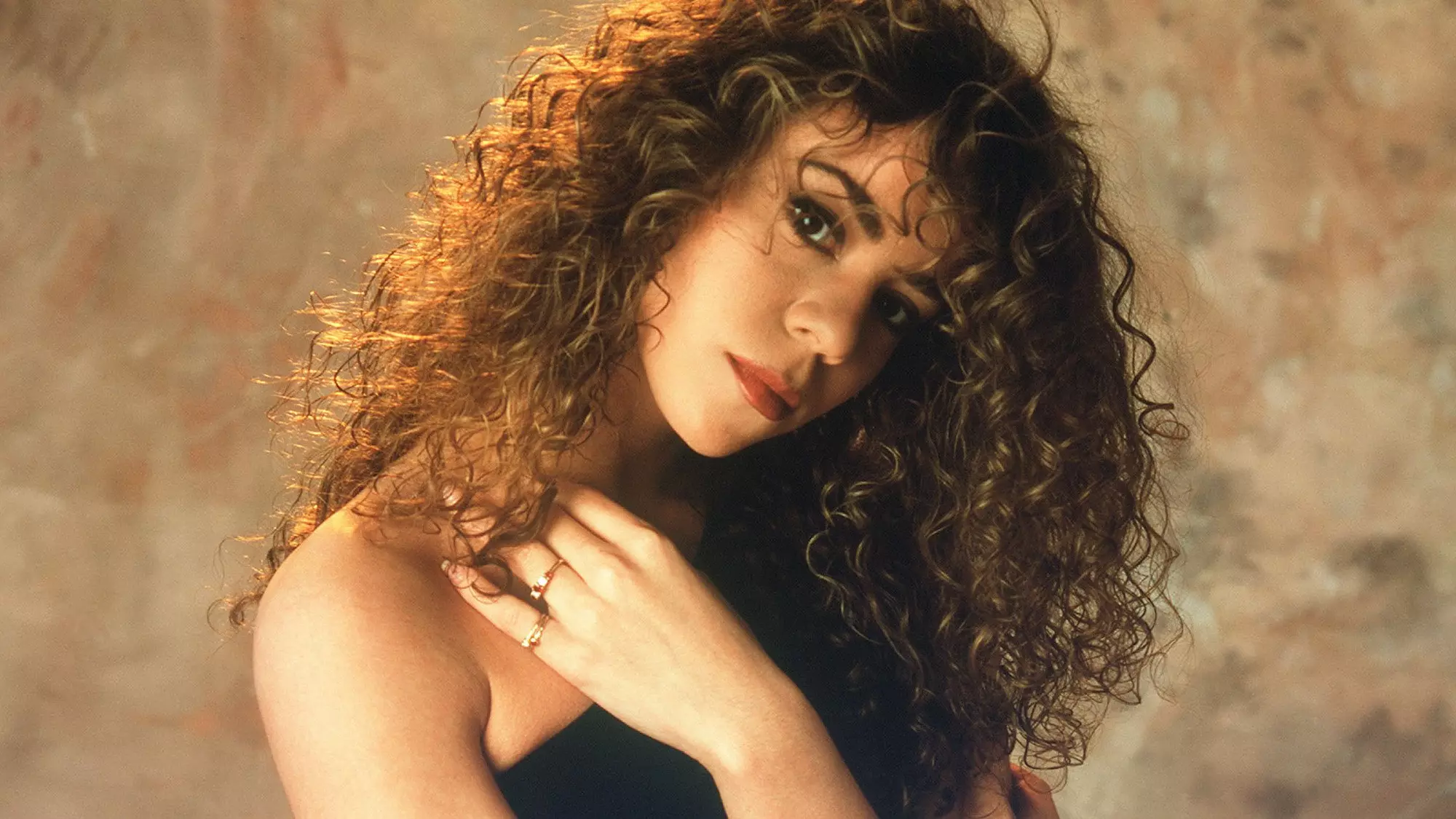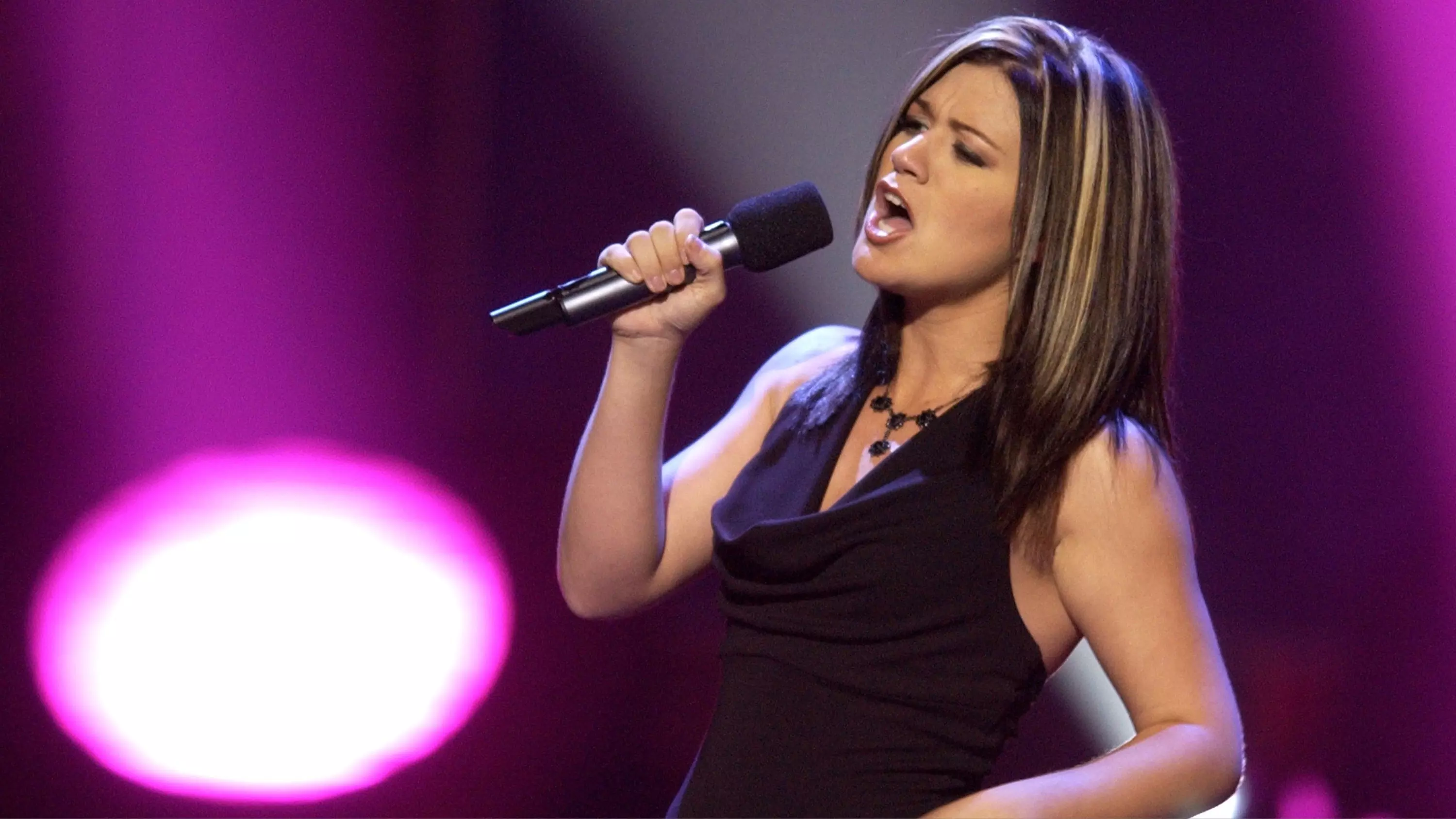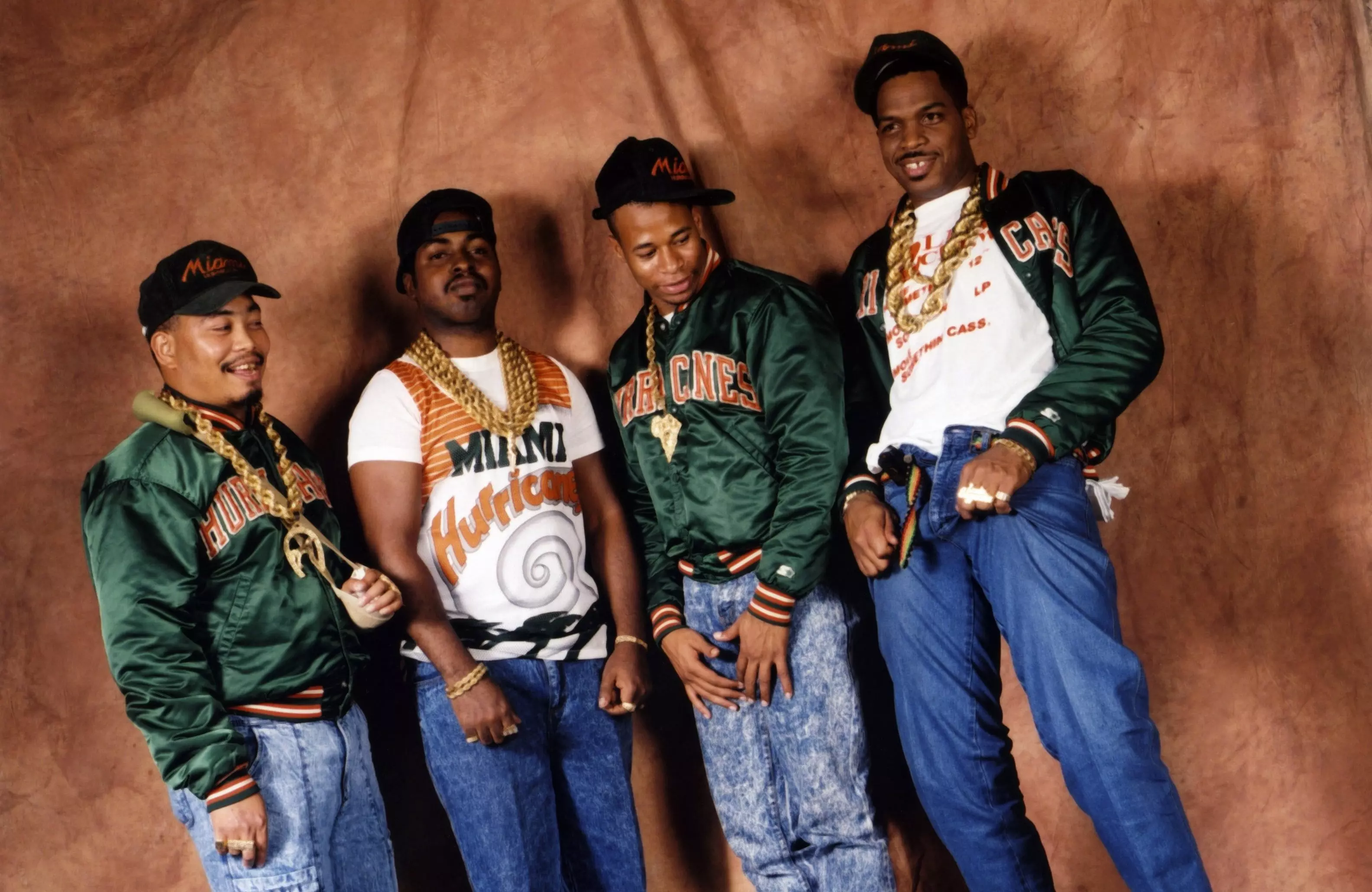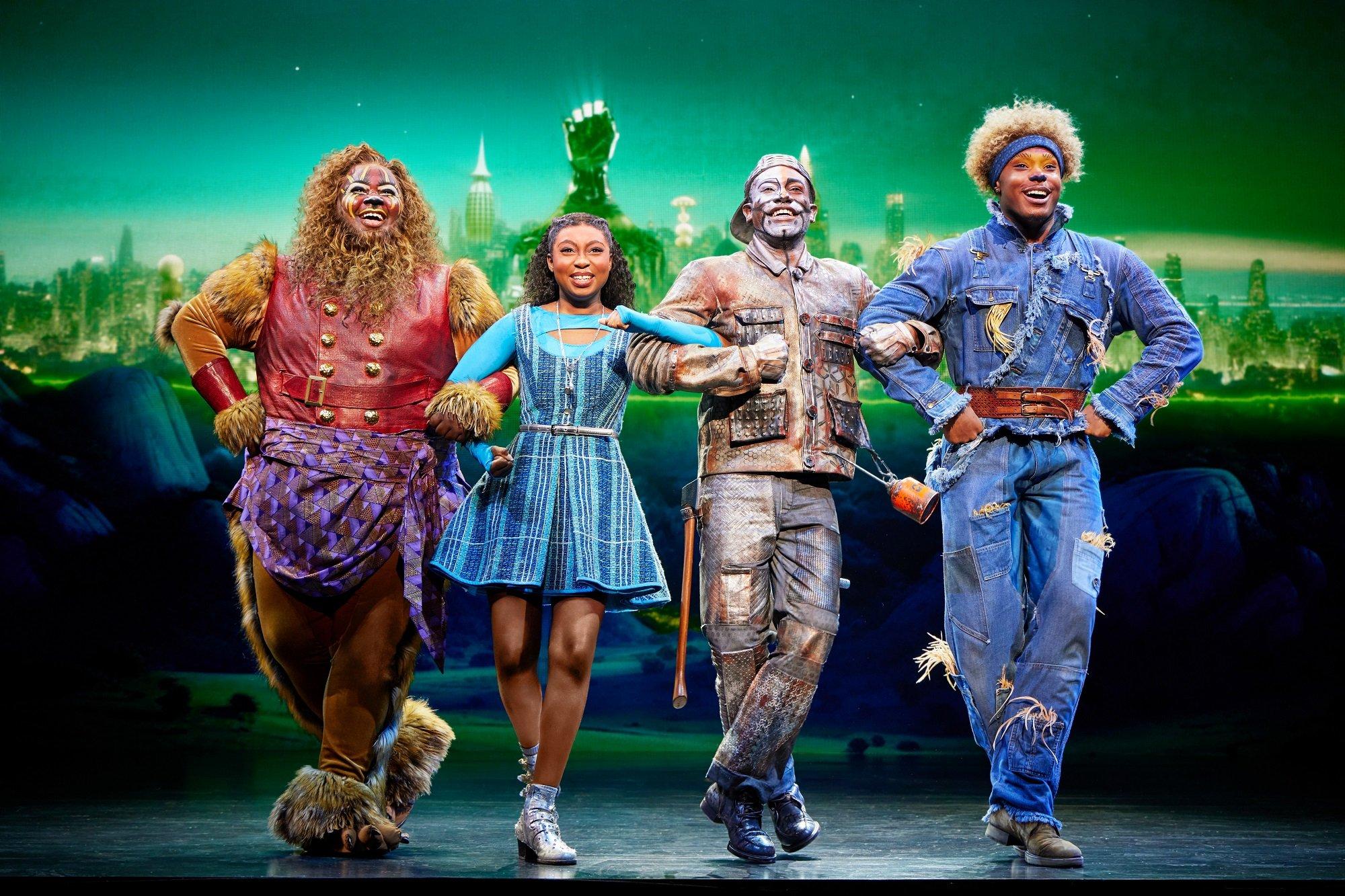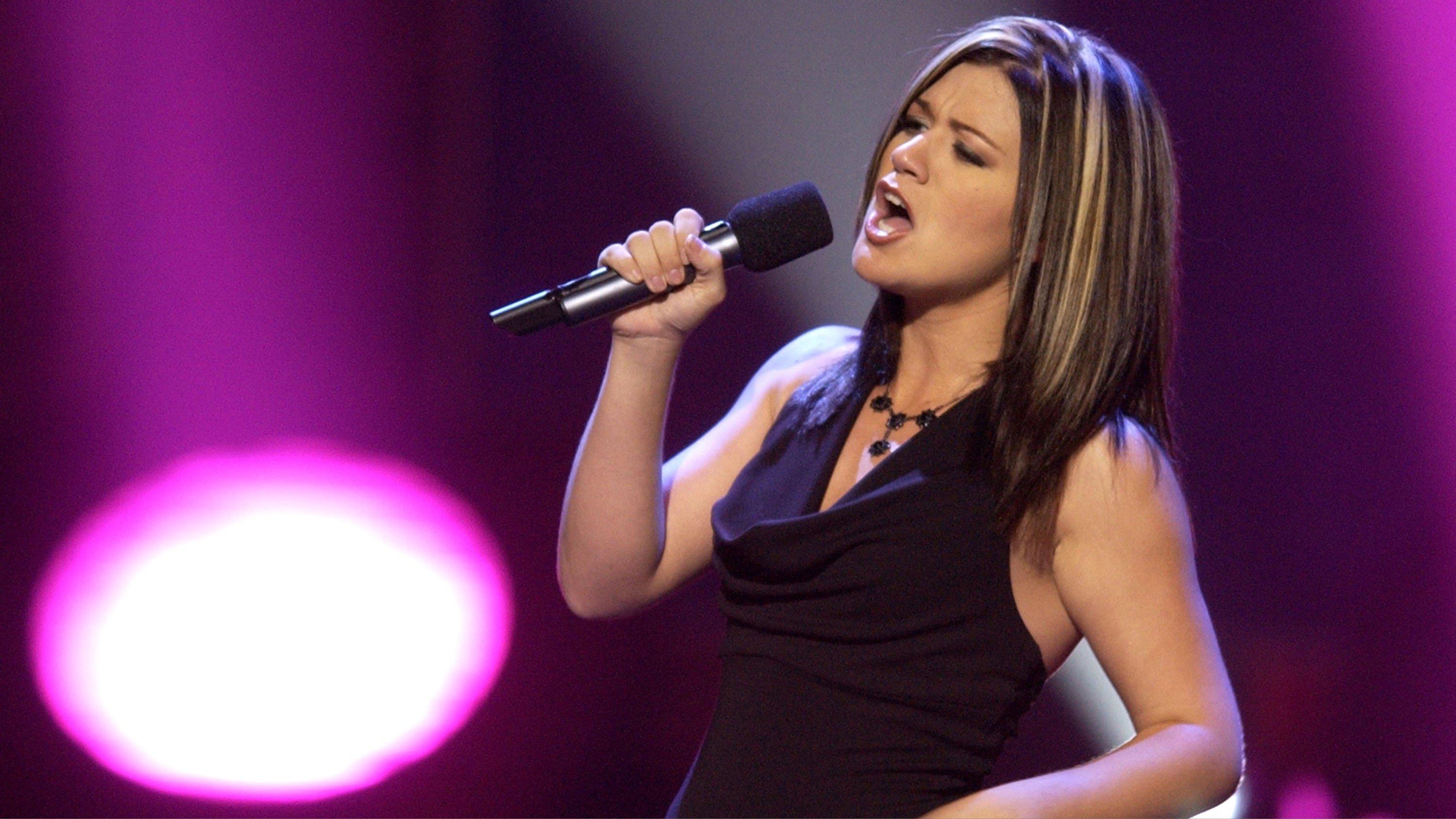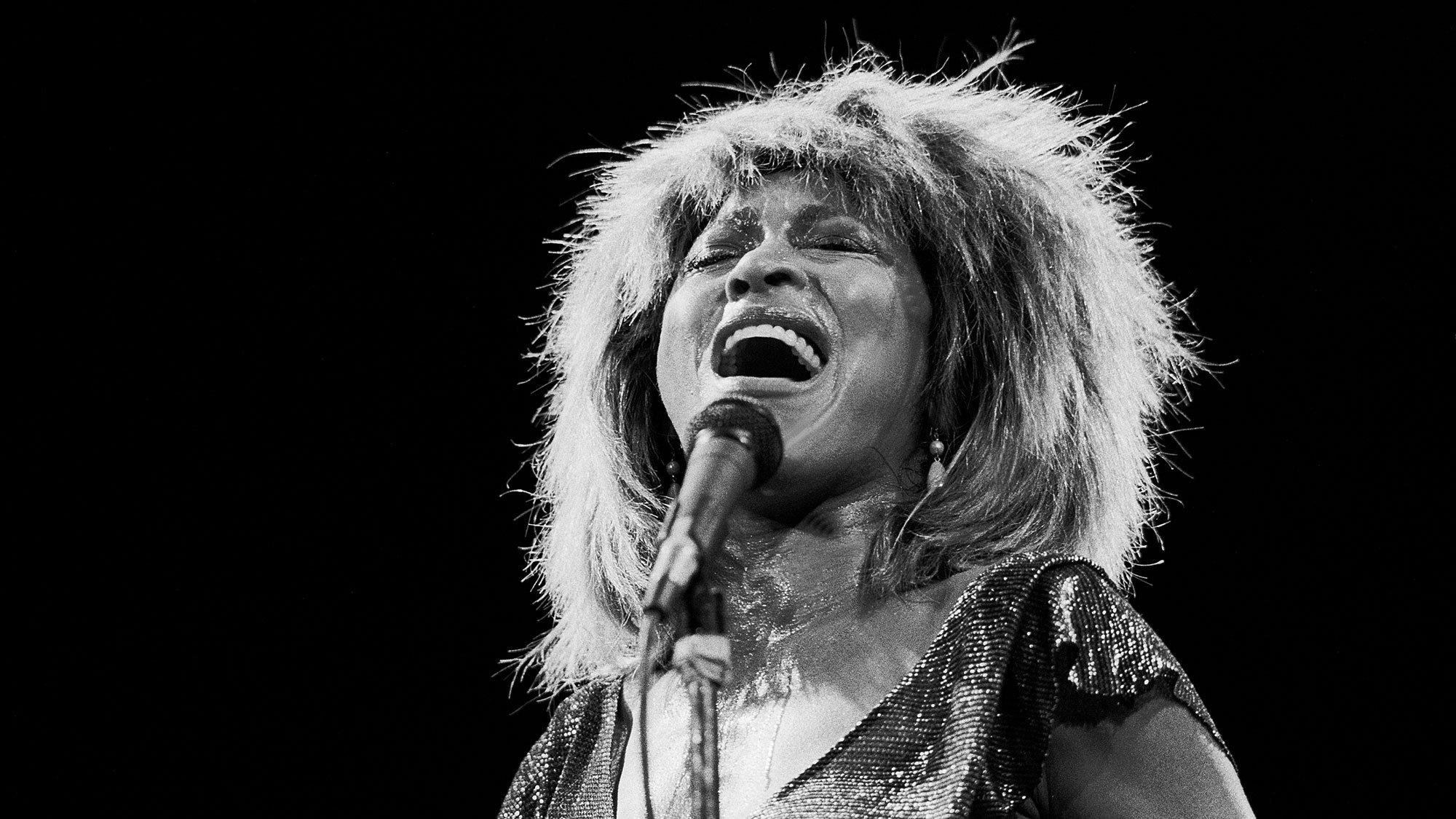“How it all came about was a miracle,” says Terry Britten, the co-writer and producer of Tina Turner’s “What’s Love Got To Do With It.”
The enduring single on Turner's 1984 album Private Dancer, released 40 years ago this month, was the songstress' ultimate emancipating act. It liberated her from the strictures of a music career bound to former husband Ike Turner, and debuted a new, self-possessed persona that highlighted her own rich talents as a solo artist. Decades on, the album remains a searing testament to resilience and the power of raw, honest expression.
Private Dancer, her fifth solo outing, was the beginning of Turner's renaissance and next era. Still, some of its most powerful songs — including “What’s Love” — almost didn’t make the cut. In fact, the song’s woeful quality and halted vocals proved an obstacle for Turner.
“After all this time, I’ve realized what the problem was and why she didn’t like it: because she was so damn vulnerable in it,” Britten tells GRAMMY.com. “She’d never been that vulnerable before in a song.”
Turner had long wrestled with her public image and allowing listeners into her inner world. Despite her success in the '70s and the subsequent 1976 breakdown of her abusive marriage to Ike (which left her penniless), followed by less successful Las Vegas revue shows, Turner was wary of conceding defeat.
Her career revival was largely born after Turner had made a cameo appearance in 1982 on the synth-inspired remake of The Temptations' “Ball of Confusion.” Masterminded by pop band Heaven 17’s Martyn Ware, the song netted Turner a singles deal with Capitol Records. Her next pairing with Ware, a remake of Al Green’s “Let’s Stay Together,” was a runaway success, charting at number six in the UK and No. 26 on the Billboard Hot 100, in late 1983 and early 1984 respectively.
Chart success had eluded Turner for years, so by February 1984 Capitol quickly demanded a full album — with two weeks to deliver it. With Turner already on tour in the UK then, her manager, Roger Davies, raced around London seeking potential tracks. Davies had been old friends with Britten back in Australia, and reached out about available songs.
Co-written with Graham Lyle, Britten's "What’s Love” had been skipped over by British rock singer Cliff Richard. Its rumination on sexual over romantic desire awaited a new voice.
Turner's powerhouse vocals gave the track the justice it so called for. Just as her vocal prowess was put on display, "What's Love" also underscored Turner's ability to bring both fragility and sultriness to a song. The combination would soon propel Turner to worldwide domination.
In the studio, Britten leaned on Turner’s dancing background to make the meditative ballad work. Turner struggled with the song’s languid rhythm, so Britten suggested she jog on the spot. “We jogged at the mic,” he says. “Soon enough, she got it!”
Britten believes “What’s Love” showed Turner, for the first time, how empowering vulnerability could be. “She realized she could act out these songs,” he reflects. “The whole direction of her career changed in that moment.”
Released in May 1984, “What’s Love” slowly scaled the charts, competing for prime position with the likes of Prince’s “When Doves Cry” and Lionel Ritchie’s “Stuck on You.” “What’s Love” ultimately landed at No. 1 in August 1984 — staying there for three weeks — and fast-tracked Turner’s forceful musical renaissance.
The arrival of Private Dancer only galvanized the transformation.
The album was a mixture of old and new, figuratively stitching together a reinvigorated yet still rock ’n’ roll Turner. There were completely new tracks and sounds, like the synth-infused “What’s Love” and spunky, pulsating “Show Some Respect” (another Britten number). Covers of the Beatles’ “Help!” and David Bowie’s “1984,” meanwhile, were reimagined with searching gospel energy and symphonic orchestral strings.
There was an emphasis on storytelling across Private Dancer, with lyrical explorations of respect, love, and desire, paired with Turner’s frayed timbre. “I Might Have Been Queen” was penned by Jeannette Obstoj and Rupert Hine in response to hearing Turner’s life story. From a youth picking cotton in Tennessee to her years as a double act with Ike, Obstoj took Turner’s trying life (and lifelong interest in Ancient Egypt) to craft an earthy narrative textured by stories of grief and self-understanding. The stomping funk result was an anthemic tribute, celebrating Turner as she sang proudly of being a “sole survivor.”
Allowed into Turner’s inner sanctum, listeners could better understand and relate to the singer’s past life — whether these were real stories or imagined tales. Songs like “Private Dancer,” seemingly about a dancer who keeps a firm psychological distance from her job as a means of self-protection, couldn’t help but be tied back to Turner’s former life as the mistreated singing partner to Ike. Turner’s coarse vocals — retelling regret with the ballad “Better Be Good to Me,” or celebrating self-confidence on “Show Some Respect” — underscored her toughness as she sang about respect and recognition.
Tina Turner’s emotional depth and lyrical confessions resonated with critics and listeners, affirming Turner as sensitive, soulful and, above all, an iconic solo artist. The success of the record at the 1985 GRAMMYs only affirmed Turner's status.
Britten, who won two gramophones for his work and joined Turner on stage to collect the GRAMMY for Record Of The Year, said that the audience — there and even at home watching — manifested her three wins that night. “In between introductions, you could hear the whole crowd going, ‘Tina! Tina! Tina!’” he says. “It was like the whole auditorium wanted her to win. In fact, they willed her to win.”
The entire musical project was a frenzied worldwide phenomenon: the confident comeback story of a 45-year-old liberated woman. Private Dancer represents a rare redemption for a female artist over 40 — a script contemporaries have taken cues from.
Madonna enjoyed a return serve with her revealing 1998 spiritual album Ray of Light, a record that saw her achieve renewed commercial success — and perhaps most important to her, critical acclaim. After the abject failure of 2001’s Glitter, Mariah Carey stormed the charts (and GRAMMYs) in 2005 with her confessional but defiant album, The Emancipation of Mimi. Janet Jackson, no longer suffering public shame after the infamous Superbowl incident and finally free to release music under her own label, returned revealing a more mature, reflective artist with 2015’s Unbreakable. Each album privileged some aspect of self-exposure and sonic difference to mount a comeback where audiences were invited in.
Publicly sharing some vulnerability while also celebrating fortitude, continues to enliven the story of Private Dancer — and the listening experience decades on. After Tina Turner's death in 2023, critics reappraised the record and the seismic impact of “What’s Love.” Some said the song was an enduring “call to action” on finding independence, while others concluded that Private Dancer alone “lifted [Turner] into the pop stratosphere.”
The record represents one of history’s greatest musical comebacks. Its emotional depth, paired with a tough if sometimes frayed sound, gave listeners a deeply resonant tale about overcoming.
“She gave me such trust,” Britten says of recording with Turner. “I can’t tell you what a moving experience it was.” With Private Dancer, Turner entrusted listeners with her own vulnerable admissions, many of which continue to resonate and inspire today.
Remembering The Artistry Of Tina Turner, "The Epitome Of Power And Passion"

